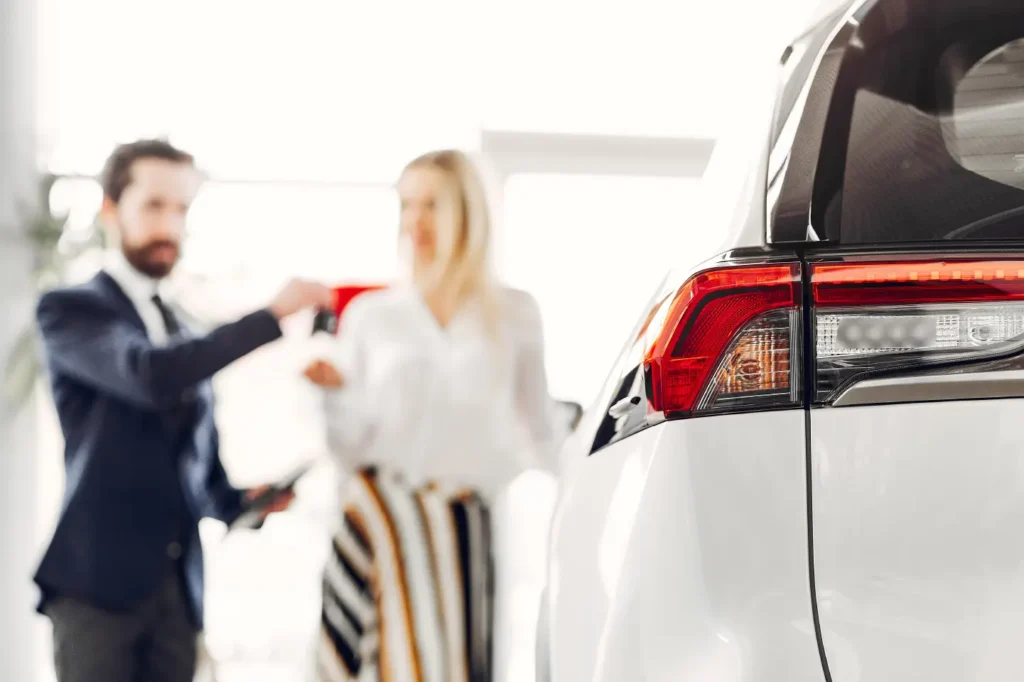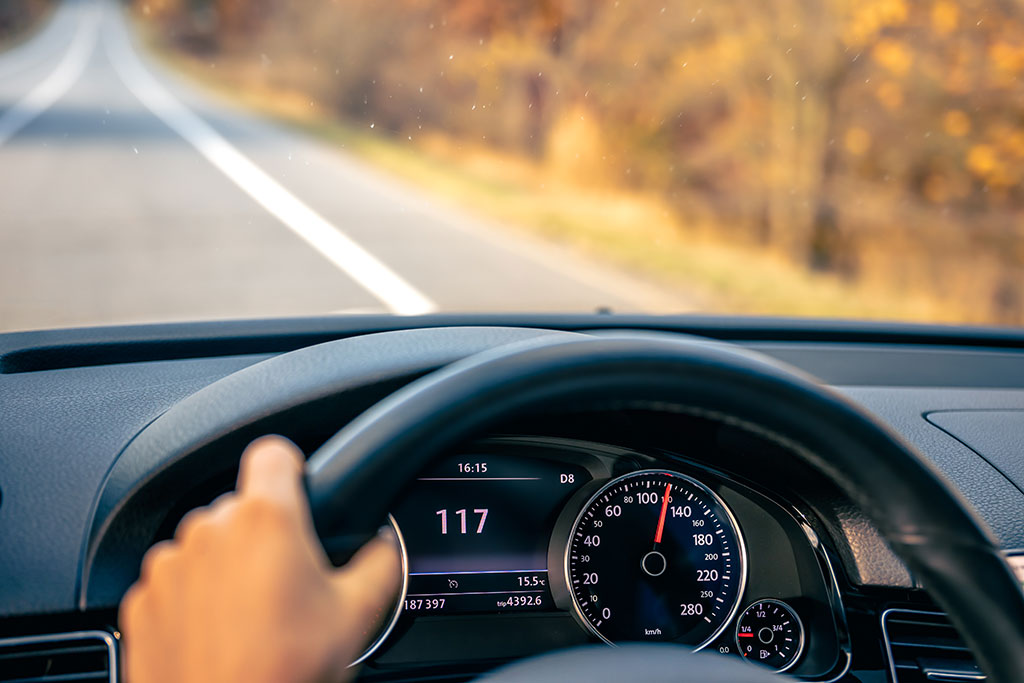The majority of these young people just couldn’t afford to drive; they weren’t choosing not to drive because they were against automobile culture or because they had strong environmental beliefs.
«When you consider the costs associated with car ownership and teen driver insurance, it makes sense,» Ralph remarked. «It doesn’t make sense because it is so expensive.» Teens’ limited mobility resulted from relying on friends and relatives to drive them about since they were unable to get a car of their own. Such young individuals would have been driving if they had been better off financially or if driving was more affordable.

In fact, it became clear that this group wasn’t as anti-driving as they had initially seemed as they grew older, saw increases in their salaries, and began having kids. When examining auto commuting trends across US metros, CityLab observed in 2014 that «the notion that Millennials are spurning cars across the board is clearly oversimplified.» In the same year, American Millennials started purchasing vehicles at such a rapid rate that they began to overtake all other generations in the market. In a 2015 an expert acknowledged, «They’re heading to the dealership, just like their parents,» three years after he and a coauthor declared that Millennials would «almost certainly be a less-driving.Scholars have refuted the generational driving disparity on several occasions. A nationwide survey that was released in the National Bureau of Economic Research revealed that there was «little difference in preferences for vehicle ownership between Millennials and prior generations,» as CityLab reported in 2019. There is no statistically significant difference in the rates of automobile ownership between Millennials and people born between 1974 and 1983, according to a 2015 research conducted in the Minneapolis region.
In Europe, the situation appeared to be comparable; a 2018 research conducted in Switzerland found that although young people were postponing getting a driver’s license, they had mostly caught up by the age of thirty.
The media is now drawing attention to Gen Z’s seeming contempt for driving. Numerous factors were provided by The Washington Post, including the rising number of traffic fatalities, concerns about climate change, and the high cost of driving (the average annual cost of owning a car just reached an all-time high of $10,7328).

However, Generation Z will eventually get driver’s licenses and own vehicles, just like their forebears. «They will buy a car the moment they move off a college campus or one of the few places where they are not required to have one.
Providing evidence for her claim: According to a 2019 study, American families without cars have lost money over the preceding 50 years, both in absolute terms and when compared to those who did (though, notably, not in transit-rich Manhattan). Although owning a car might be expensive, Gen Z workers risk suffering severe pay penalties if they don’t.

And then there are the challenges of being a parent without a vehicle in much of the country. If you have to drive your kids across town for soccer or swimming — it’s just not possible to do that without a car in most of the US.
Young people in Europe might be more able to avoid driving as they age, especially now that cities like Brussels and Paris are transforming themselves to better accommodate those walking, biking and riding transit. But progress in the US has been much slower, suggesting that going car-free will remain a formidable challenge for most adults.
There is an enthusiasm rekindled around the idea that the younger generation is moving away from automobiles. According to her, «many urban planners want to seize the one piece of evidence that suggests we’re headed in the right direction.» Another issue is the concentration of journalists in relatively car-free cities like Washington, DC, and New York City.
To be clear, there are many reasons to support a genuine move away from the use of private vehicles; on the other hand, a society where fewer people drive would result in lower emissions, fewer traffic fatalities, and greater equity. However, most individuals will only decide from owning a car if they have good alternatives. Decades of sprawl must be reversed, and transportation, bicycling, and walking must be funded. These are costly and politically difficult tasks that must be ignored.

Take pleasure in the teenage transportation-related jokes on social media and the fact that a Reddit community opposing cars has seen a threefold increase in members in the past year. However, don’t assume that Gen Z’s acceptance of car-free life will last.
“There’s a narrative that Gen Z is going to save us. But then I think, this is just the Millennial story all over again, and it really breaks my heart.






